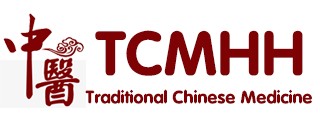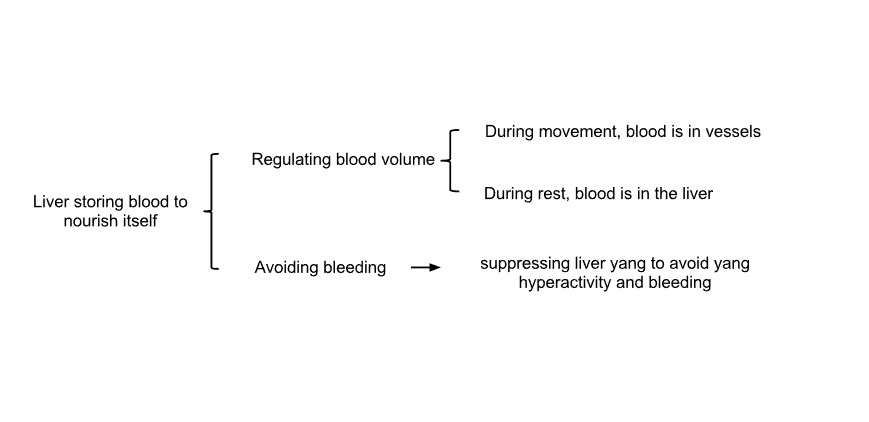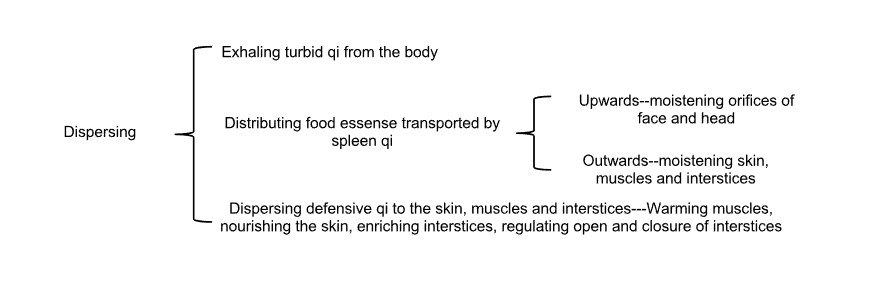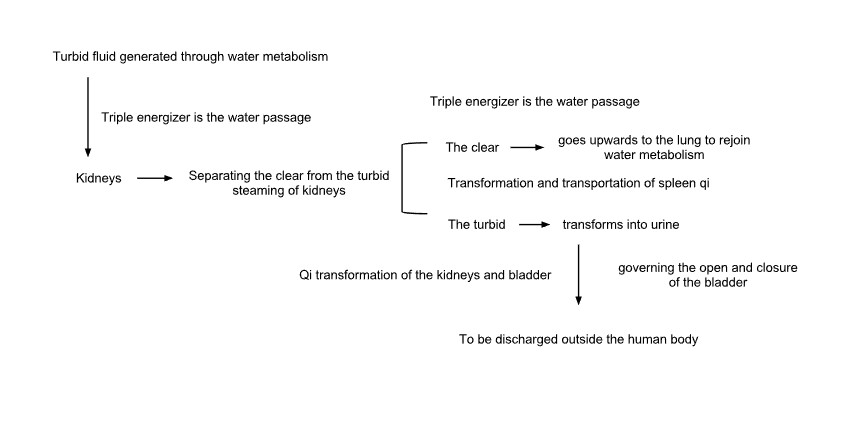The spleen, located in the abdomen, governs digestion and absorption. As the source of qi, blood and body fluid, the spleen plays a vital role in maintaining life activities. Such a function of the spleen only comes into play after birth. That is why it is said that "the spleen is the acquired base of life" and "the source of qi, blood and body fluid".
The physiological functions of the spleen
To govern transportation and transformation and to command blood are two major physiological functions of the spleen.
1. To govern the transportation and transformation
The function of the spleen to govern transportation and transformation means that the spleen can digest food, absorb nutrients of food and water, and then transport them to the heart and the lung.
When taken into the stomach, food is digested and absorbed by the stomach and the small intestine. But it must depend on the transporting and transforming functions of the spleen to transform into nutrients which, relying on the functions of the spleen to transmit and dispersing essence, are distributed to the four limbs and the other parts of the body. The rest of the water absorbed from the food nutrients is transported to the lung and the kidney and, by means of qi transformation taking place in the lung and the kidney, transformed into sweat and urine to be excreted out of the body. So the transporting and transforming functions of the spleen are usually divided into two parts: transporting and transforming food nutrients, and transporting and transforming water. Since the transporting and transforming of food nutrients and water take place at the same time in the process of digesting, absorbing and transmitting food, they are closely related to each other and pathologically affect each other.
The transporting and transforming functions of the spleen are mainly concerned with, apart from the warming function of spleen yang, the propelling function of spleen-qi. The movement of spleen-qi is marked mainly by elevation. That is why it is said in TCM that "the spleen governs the activity of elevating the lucid". To elevate means to ascend and transmit; the lucid refers to the food nutrients. The idea that "the spleen governs the activity of elevating the lucid" indicates that the function of spleen-qi is to transmit food nutrients to the heart and the lung. If the function of the spleen to elevate the lucid is normal, qi and blood will be sufficient, and there will be exuberant vitality in the activities of life. Besides, to elevate also means to lift and fixate. The elevation of spleen-qi can also fixate the viscera and prevent them from prolapse.
The normal state of the functions of the spleen to transport and transform is called healthy transformation of spleen-qi while the abnormal state of the functions of the spleen to transport and transform is called unhealthy transformation of spleen-qi. The main clinical manifestations of the latter can be divided into four groups: anorexia, abdominal distension, abdominal pain and loose stool if the digesting and absorbing functions are weak; phlegm, rheum and edema if dampness and water are retained due to disturbance of water metabolism; dizziness and spiritual lassitude if the spleen fails to elevate the lucid; visceroptosis, prolonged diarrhea and proctoptosis if spleen-qi sinks.
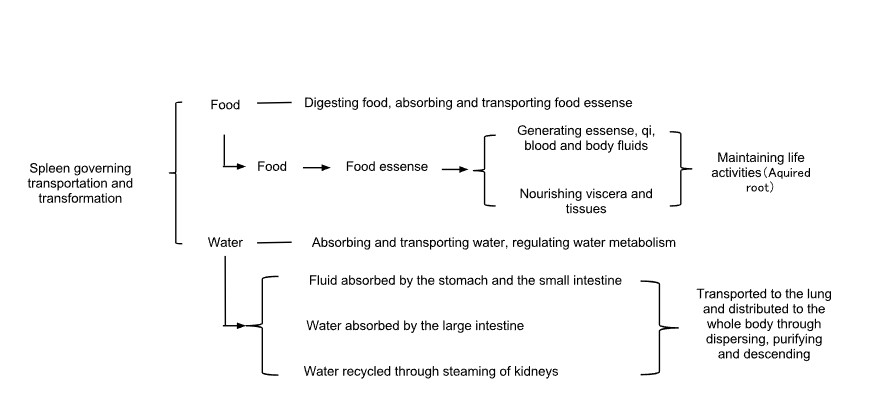
2. To command blood
To command means to control. To command blood means that the spleen controls blood circulation inside the vessels and prevent it from flowing out of the vessels.
The spleen commands blood with its fixating function. If spleen-qi is sufficient, it can control blood and directs blood to circulate inside the vessels. Such a function of the spleen is also related to spleen-yang. Thus deficiency of spleen-qi and spleen-yang will impair the function of the spleen to command blood, leading to hematochezia, hematuria, sudden profuse uterine bleeding and subcutaneous purpura.
The relationships between the spleen and the body, the sensory organs and the orifices
1. The spleen governing the muscles and the four limbs
The idea that the spleen governs the muscles and the four limbs means that the muscles and the four limbs depend on the nutrients transported and transformed by the spleen to nourish. With the normal function of the spleen, sufficient qi and blood will be transformed from food nutrients; with sufficient nourishment, both the muscles and the limbs will become strong. If the function of the spleen is abnormal, the absorption of food nutrients will be reduced, leading to insufficient production of qi and blood and bringing on malnutrition of the muscles and the limbs with the symptoms of emaciation, lassitude of the limbs or even atrophy of the limbs.
2. The spleen opening into the mouth
The mouth is the starting point of the digestive canal. Since digestion is governed by the spleen, the mouth is the orifice into which the spleen opens. The idea that the spleen opens into the mouth means that the functional states of the spleen can be observed from the manifestations on the mouth. If the spleen is normal in function, the appetite and taste in the mouth will be normal; if the spleen is abnormal in function, it will lead to anorexia, no taste in the mouth, or greasy and sweet taste in the mouth.
3.The external manifestation on the lips
The spleen opens into the mouth and the lips are the external parts of the mouth. So the functional states of the spleen can be observed from the color and shape of the lips. If the spleen is normal in function, qi and blood will be sufficient, and the lips will be ruddy and lustrous; if the spleen is abnormal in function, qi and blood will become scanty, and the lips will be pale, lusterless or even sallow.
